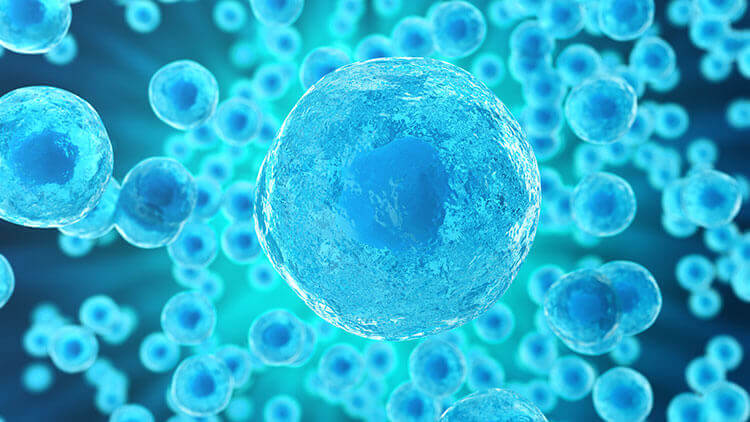Free radicals destabilize cells and can damage body tissue. Learn how to reduce free radicals in the body with antioxidants.
This store requires javascript to be enabled for some features to work correctly.
Get a mouthful of the most elusive nutrients in this quick, easy, one-bowl dish from nutritionist and classically trained chef Mia Rigden.
Stress management is key to maintaining a healthy mind and body while still doing all the things you need and love to do. Learn seven stress management tips from a mental health keynote speaker.
The amount of nutrients you consume and the amount your body absorbs can differ drastically! Learn how to maximize nutrient absorption from food and supplements with these five tips from nutritionist Mia Rigden.
Nutritionist shares a delicious recipe to eat spring vegetables when they have their highest nutritional content. Try this easy, antioxidant-dense recipe.
Food journaling isn't about micromanaging calories. It's about understanding how your food choices affect your mood, sleep, energy levels, and overall wellness — and how those factors affect your food choices.
Learn the basics of nutrition for athletes from running coach Sabrina Wieser. Sports nutrition is about nutrients, timing, and hydration. Get the details here.
When you're looking to up your Vitamin D, try this warm mushroom salad from nutritionist Mia Rigden. Get the recipe.
Try this chicken and wild rice soup recipe to supply your body with essential nutrients for immune system health this winter.
Food is a critical component of immune system health. Learn which foods contain immune system supporting nutrients in this article from a certified nutritionist.
A mental health advocate explains how JOMO, the joy of missing out, can support your wellness.
How to set New Year's resolutions you can keep from nutritionist Mia Rigden. Read the five tips.













